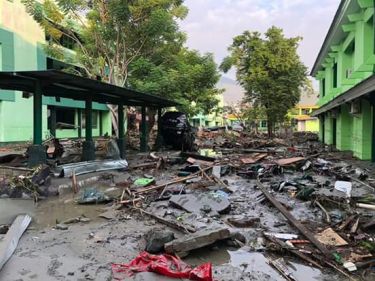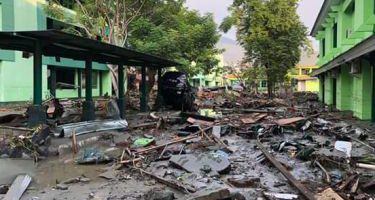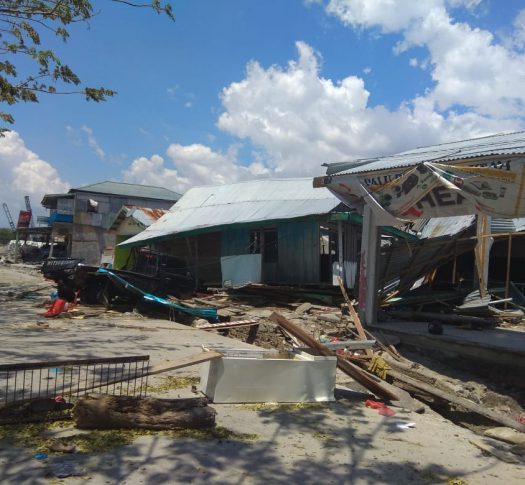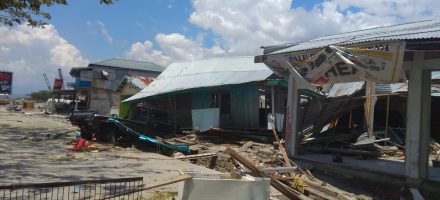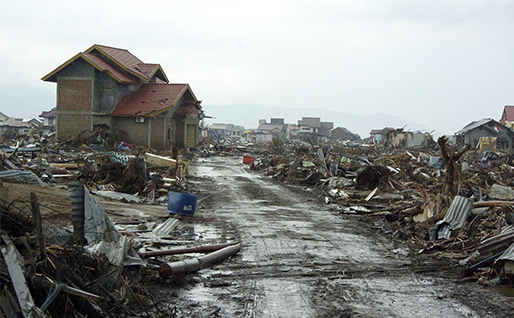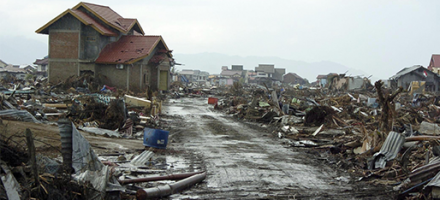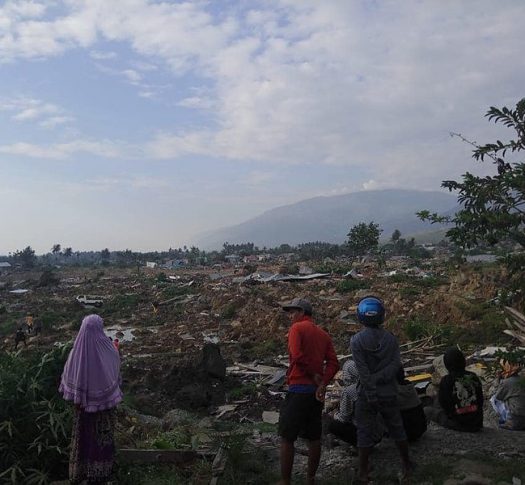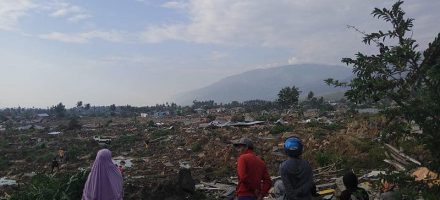On September 28, 2018, an earthquake with a magnitude of 7.5, followed by a devastating tsunami, hit the Sulawesi archipelago in Indonesia. The damage is extremely heavy and the Rescue & Development Fund were mobilized on September 30 to launch an international campaign for the benefit of all its NGO partners to meet the enormous needs on the ground. More than 200,000 people were waiting for emergency humanitarian assistance.
©CARE



